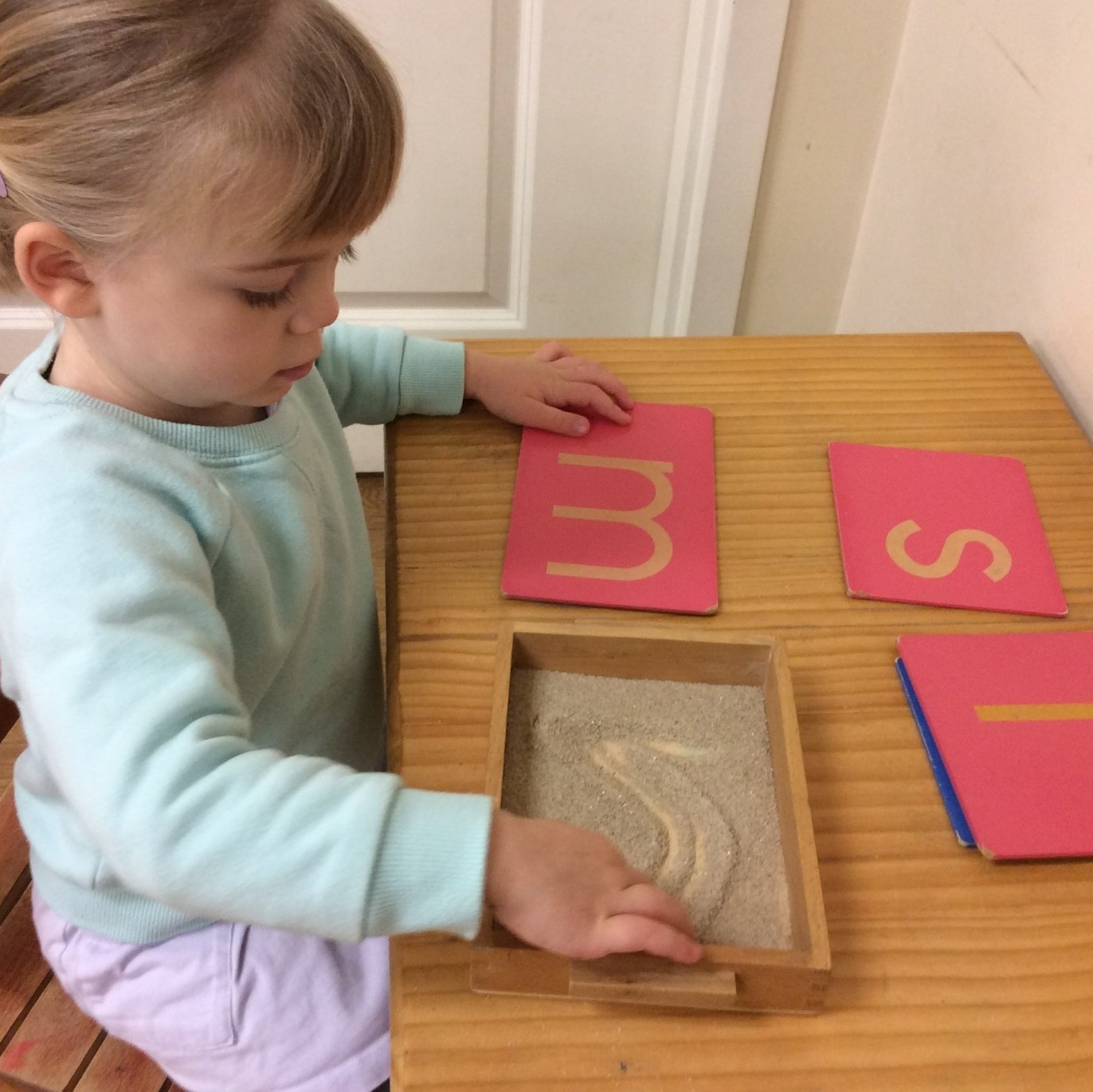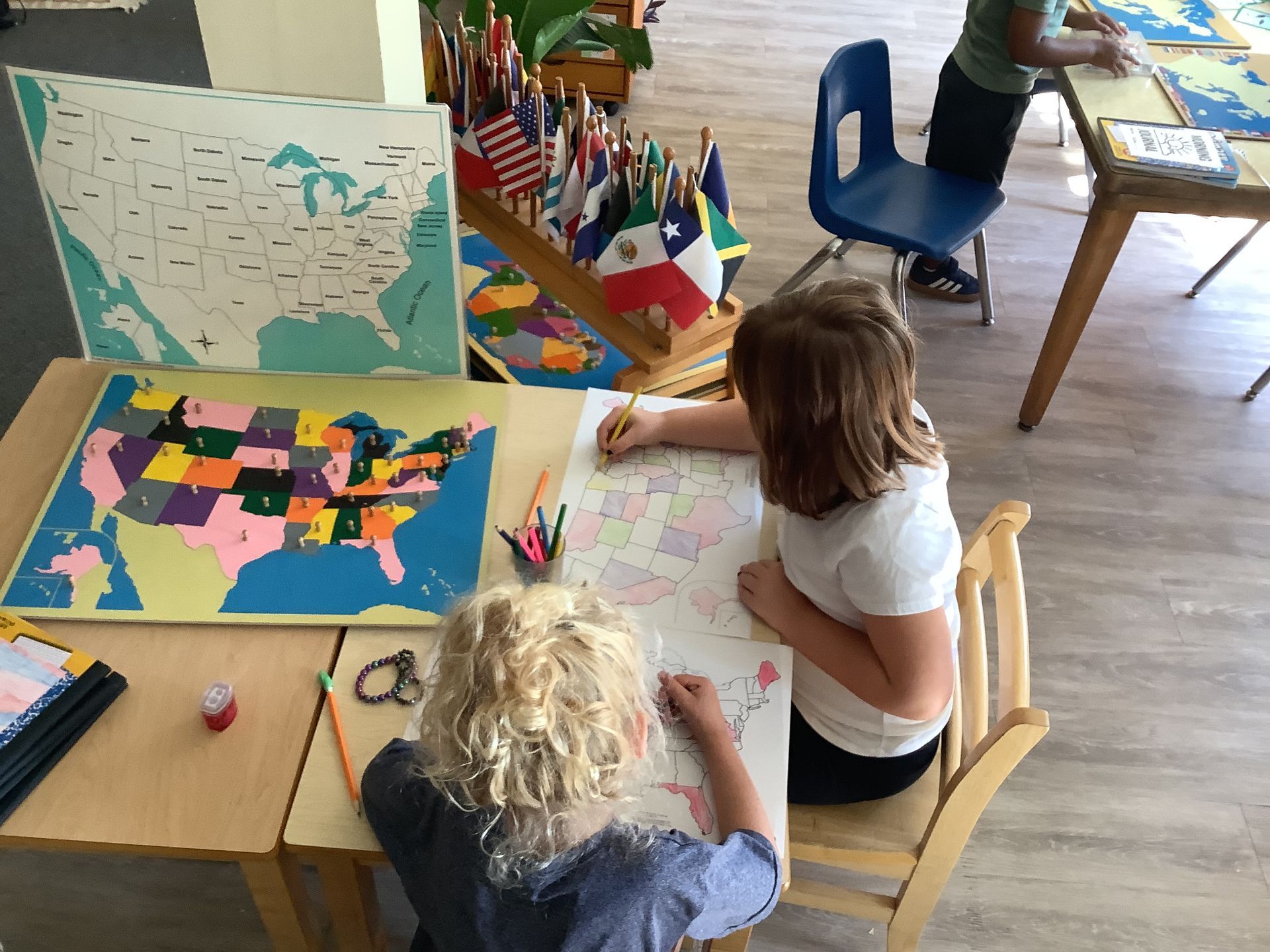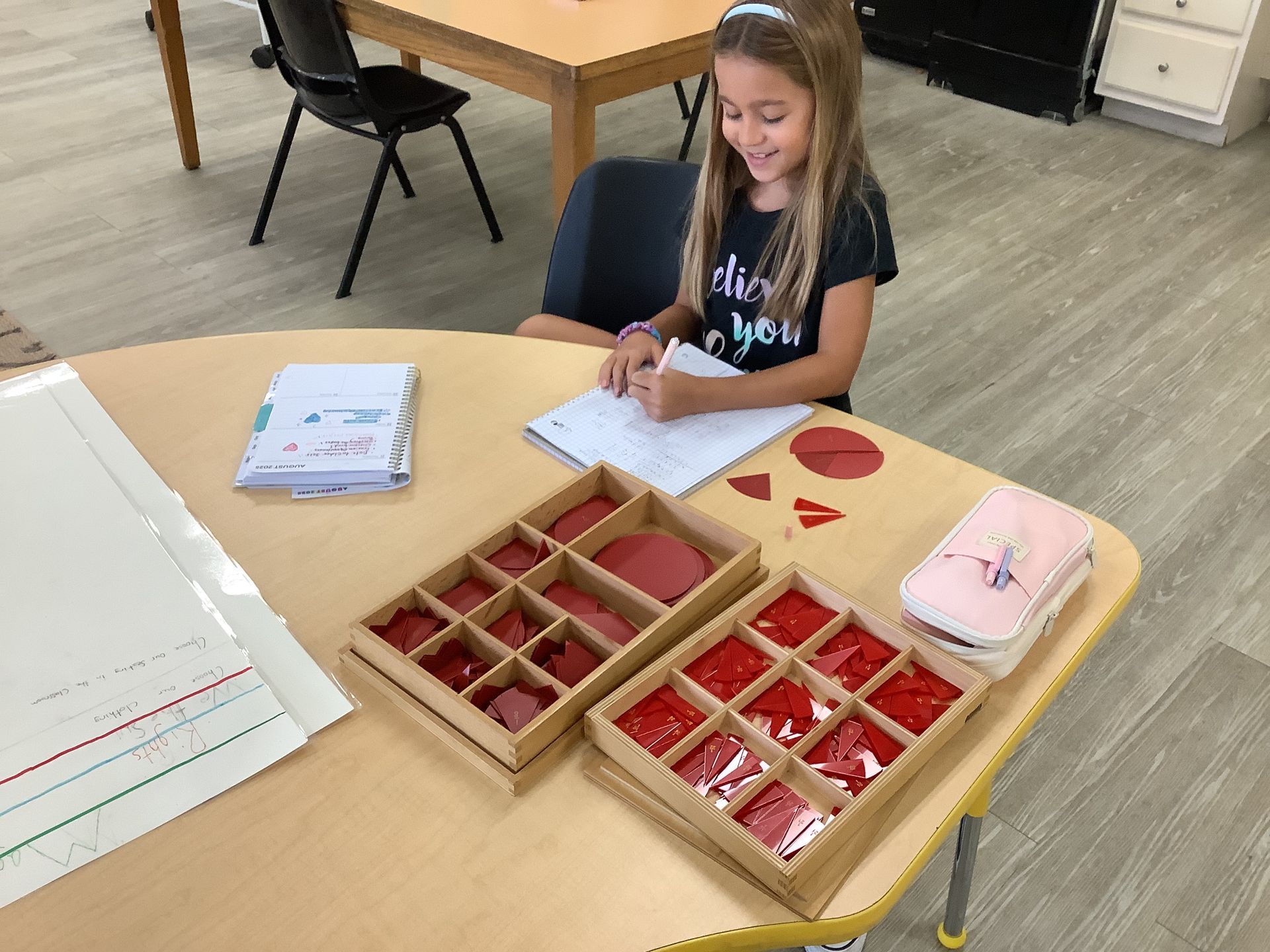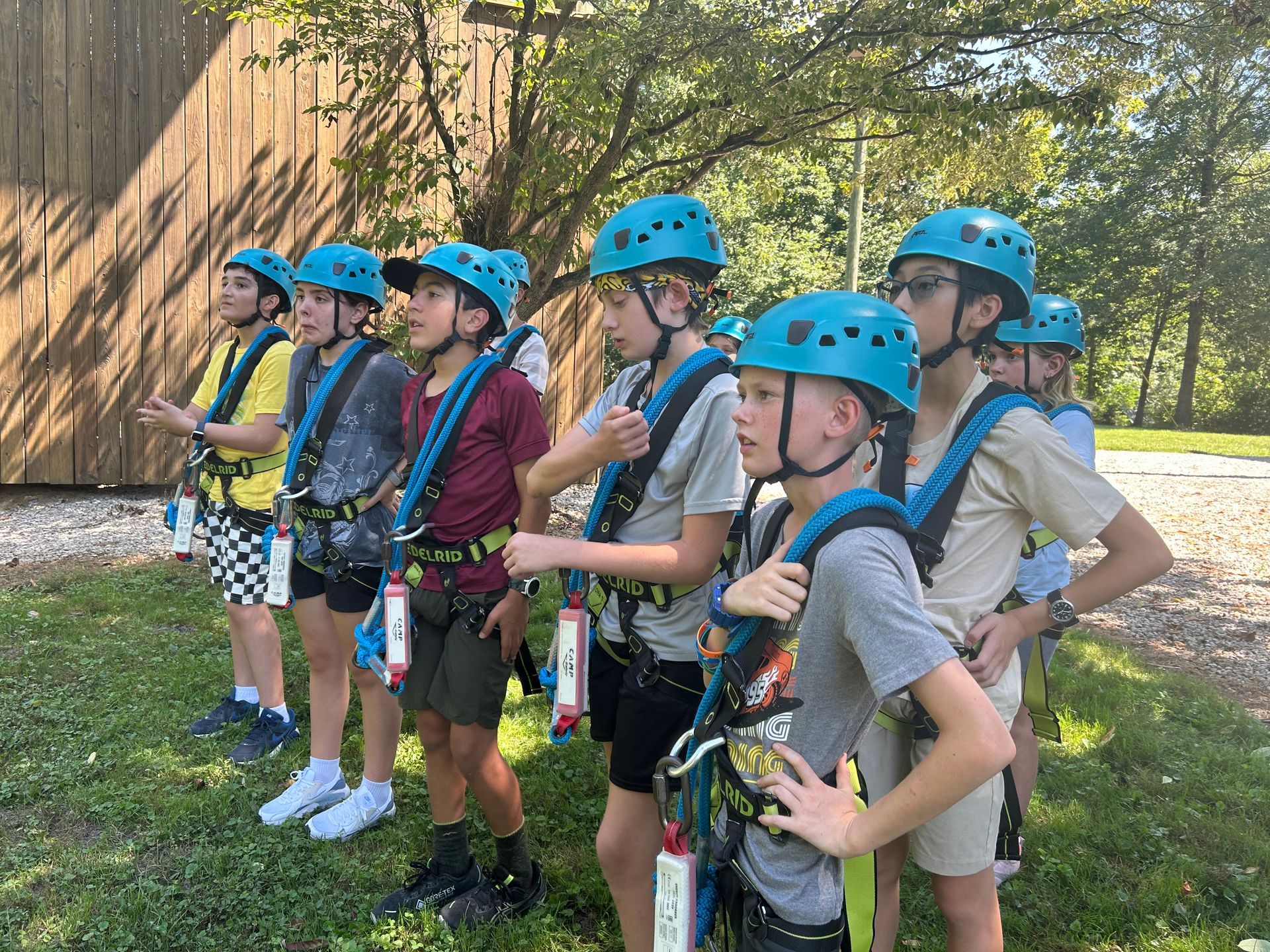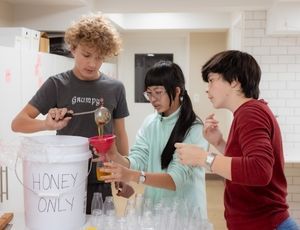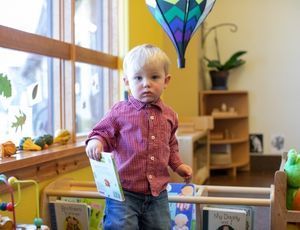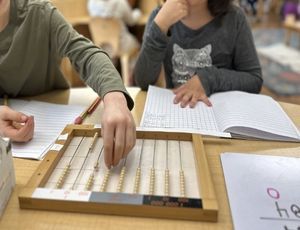Why do families
choose Montessori?
Why do families choose Montessori?
Individualized learning
Lessons are designed and given to each child when they are most ready to learn.
Whole child education
Social, emotional, and physical development is emphasized along with academic skills.
Empowered
by choice
Freedom to move and choose activities fosters independence and self-confidence.
Supported
by research
Current neurology and human development research consistently backs Montessori.
“What a great place... full of great minds and very nice people.”
Claudia McClure
We have had our child at this school for 3 years. We are very pleased with the school. The Montessori approach to learning is unlike traditional methods and MSL has exceeded our expectations. The staff is caring, compassionate, and understanding. There is a sense of community, they really do care about the students and their success. The teachers and staff are genuinely excited to see these kids excel. I cannot recommend this program and school enough, MSL is FANTASTIC!
Jennifer Fischer
This school has been so good for my son. He loves his class and is genuinely excited about the things he is learning. His teachers are caring and his lessons are tailored to his needs. He has learned more in his two months of Montessori than in two years of me trying to teach him at home. It is SO worth the money.
Mustafa Abrams
Come see us!
We invite you to visit our school, meet the teachers, and observe the children in their classrooms.
We encourage you to ask questions learn about the opportunities available at all levels of our programs.


